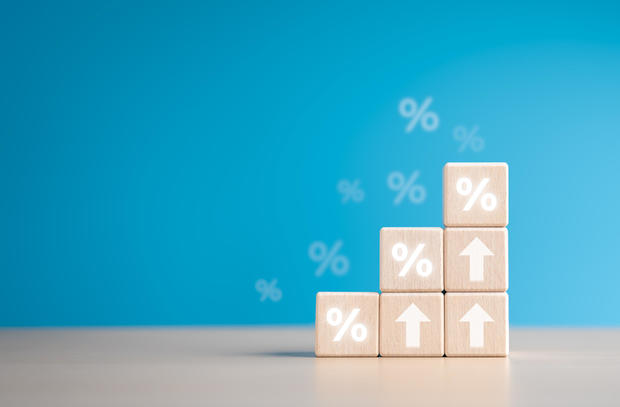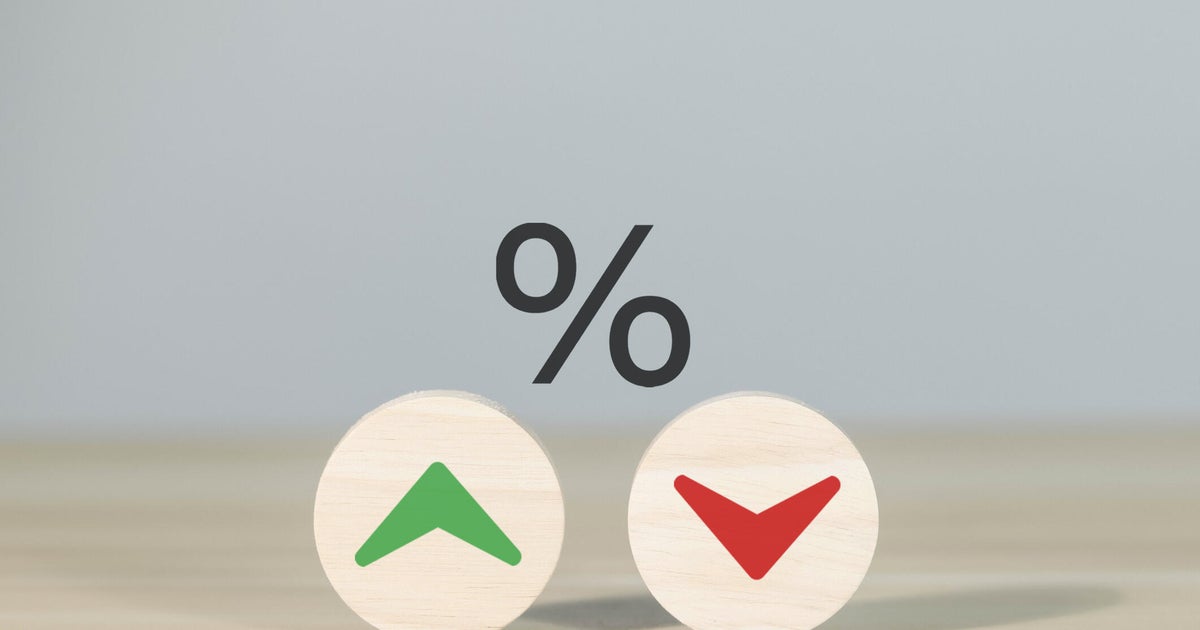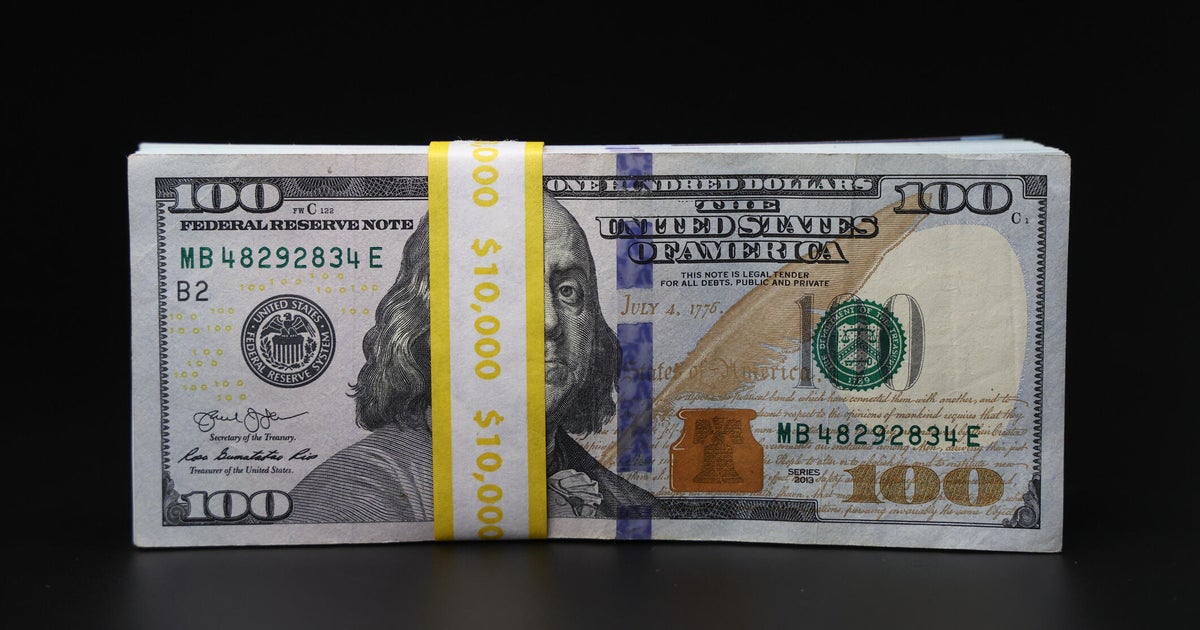3 ways CD rates could rise in 2024
Last week, the Federal Reserve said it would keep the benchmark interest rate paused at a range of 5.25% and 5.50%. The action marks the third straight pause after the Fed previously raised rates 11 consecutive times beginning in March 2022 to combat inflation.
While the rate hikes helped to hamstring the housing market, they were a boon to savers with deposit accounts like high-yield savings accounts and certificates of deposit (CDs). You can now find excellent yields of over 5% on these accounts through many online banks. By contrast, the average yield on a traditional bank account is a paltry 0.46% as of December 2023.
During the Fed's recent announcement, the central bank also signaled an intention to cut rates three times in 2024. If that occurs, rates on deposit accounts could follow suit. However, you can still lock in high CD rates now, which will remain unchanged for its term, which typically ranges from three months to five years.
Despite the Fed's intention to lower rates in 2024, we've seen tides turn in the past, and a rate reduction—or a move in any direction, for that matter—is far from a certainty. At least a few scenarios could spur the Fed to raise the benchmark rate and thus lead to a rise in CD rates.
See what CD interest rate you'd qualify for today and start earning more interest on your money.
3 ways CD rates could rise in 2024
Here are three potential CD rate scenarios to monitor in the new year.
Inflation could impact CD rates
Remember, when the Fed raises interest rates, banks often adjust their CD rates upwards to attract more deposits so they have enough funds to meet their lending needs. The most significant factor that could lead the Fed to raise rates again is if inflation trends upward. That's how interest rates became elevated in the first place—the Fed aggressively raised rates to curb inflation.
The main reason the Fed could move from cutting rates next year would be if reports show a rise in inflation. "With interest rates in 2024, it is all about the Fed," says Robert R. Johnson, a professor of finance at Heider College of Business at Creighton University. "The Fed is resolute in reducing inflation, and they will only pivot from a restrictive monetary policy to an expansive monetary policy if they believe that inflation is under control. If we would see unexpected increases in the consumer price index or the producer price index (or both), we could see higher interest rates in 2024."
Overall, Johnson expects interest rates to fall in 2024 but watching inflationary trends could help you anticipate which direction rates could go.
See what CD rate you'd qualify for here today.
More home sales could lead to higher rates
According to J.P. Morgan, housing activity has dropped 30% to 40% over the last 18 months, largely due to elevated mortgage rates. Many homebuyers don't want to pay high listing prices and take out mortgages with rates that currently average 7.18% for a 30-year fixed-rate mortgage. Meanwhile, most homeowners are foregoing refinancing their loans and holding tight to the roughly 3% or lower interest rates they secured prior to 2022.
But some experts think that could all change if mortgage rates drop. As Jonathan Maula, the owner and chief investment officer of Castle Hill Capital, notes: "Interest rates have started to drop, and if that drop spurs home buying, leading to higher home prices, more lending for businesses or higher prices in goods and services, the Fed may be put in a tight spot to raise rates again."
While an increase in the federal funds rate could slow inflation and put the brakes on a hot housing market, it could help savers looking for high CD rates.
World events could push up inflation—and CD rates
If you're looking for signs that CD rates could rise, look no further than the headlines. Specifically, global developments could trigger economic conditions that might lead the Fed to raise the benchmark rate. In turn, CD rates could also rise.
For example, if the wars overseas expand, oil prices could spike and significantly affect inflation. Similarly, trade tensions with China could cause a supply constraint of energy, food and semiconductors that could hamper the economy and impact inflation.
Whether through geopolitical developments or other factors, any scenario that leads to higher inflation could trigger Federal Reserve action to combat that inflation through higher rates, potentially resulting in higher CD yields.
The bottom line
Many economic and financial experts are not predicting CD rate hikes any time soon. However, if specific developments occur, such as the scenarios outlined here, rates could rise anyway. No one knows for certain whether rates will rise or fall, but watching the trends and economic indicators can help us anticipate which direction they could go.
That said, when opening a CD account, deposit money you don't anticipate needing for a while. While locking up a high interest rate can help you earn more if interest rates drop, it won't matter if you have to pull the money out early to cover unexpected expenses. Consider using a CD ladder strategy, which could help you gain more frequent access to your money while still reaping higher yields on longer-term CDs.




